I watched the short clips, read the posts, scrolled past the headlines — and felt that exact uneasy mix of anger and tiredness. Ruth Otabor, the younger sister of reality star Phyna, died after an accident that left her fighting for 19 days. The crash reportedly involved a Dangote Group truck driven by someone said to be unlicensed. By the time people started talking, it was mostly after she had passed away. That sequence — silence, then noise — is what Martins Vincent Otse (known as Verydarkman or VDM) blasted into public view, and honestly, his words landed with a thump.
It’s easy to let the timeline sink in: accident happens, victim clings to life for almost three weeks, very little public uproar while she’s alive, then a rush of posts, hashtags and outrage only after she dies. That pattern feels familiar, not just in Nigeria — but yes, there’s something particularly sharp about it when major players and the government are involved. VDM didn’t mince words. He suggested that, had there been pressure earlier, companies like Dangote Group might have been forced to act faster or differently. Maybe. Maybe not. But the suggestion forces us to ask uncomfortable questions about what we notice, when we act, and who we hold accountable.
Also read: Jadon Sancho Heads to Villa — A Loan Move That Just Makes Sense (Mostly)
Where attention goes — and where it doesn’t
There’s a social rhythm here that’s almost predictable. A tragedy occurs; for days or weeks, families are stuck in hospital corridors, dealing with middle-of-the-night calls, endless paperwork, waiting for someone — anyone — to step in. Sometimes help arrives. Sometimes it doesn’t. Often, the wider public doesn’t learn about the slow, painful part: the waiting, the uncertain prognosis, the small kindnesses that make a big difference. Instead, the attention spike comes when the story becomes catchier: a death, a scandal, a celebrity post. That’s when feeds fill up, when bloggers and influencers finally share, and when institutions scramble to respond. It’s frustrating. It feels, in a way, performative.
VDM’s point about corporate responsibility is simple and sharp: large companies shouldn’t be able to rely on cutting corners and expect public systems to hold up the slack. Employing drivers without proper licenses — if that’s true — is not a minor oversight. It’s a safety gap. It’s a policy loophole that can have irreversible costs. And when a powerful company is implicated, the stakes are higher: the voice of the injured party, or their family, is often drowned out by corporate PR teams, legal battle-lines, and the slow machinery of accountability. Again: maybe quicker public pressure would have changed the timeline here. It’s not certain. But the possibility is worth wrestling with.
The government’s role — or lack of it
There’s also VDM’s broader indictment of the state: he called the situation part of a “systemic collapse.” Harsh words, yes, but they point to a series of failures — weak enforcement of licensing rules, slow accident response, and a justice system that can feel inaccessible to everyday people. When ordinary citizens look to government agencies to enforce rules that protect life, they expect a baseline of action. When that baseline seems absent, cynicism grows. I admit, I felt that cynicism too. Not necessarily the whole nation sinking — but a pattern of not enforcing safety measures that, over time, erodes trust.
To be fair, governments are complex and overstretched. They face limited resources, competing priorities, and, sometimes, corruption. Still: when a young life is in hospital for 19 days and the story barely moves the needle until it becomes sensational, it’s not hard to wonder where enforcement was, and why accountability felt so slow.
A painful side note here: the family. We often talk in broad strokes — corporations, systems, social media — and we forget the people in the middle. Phyna’s family were left to navigate medical bills, emotional strain, and the public glare. That’s a human cost that isn’t captured by statistics or video statements. I keep thinking about how that feels: watching someone you love in hospital, hoping for a quick response, and sensing the world’s silence. It’s something that doesn’t fit neatly into most news cycles.
A slightly awkward thought: public outrage is a resource. It can be useful. But it’s also fleeting. People mobilize around a story, trend it, then move on. Meanwhile, accountability processes are slow and cumulative. So the gap between immediate social energy and sustained institutional follow-through is a problem. We saw the spike only after Ruth’s death — the wrong kind of energy at the wrong time, maybe. But the spike exists, and it might be leveraged if people thought a bit longer term.
Also read: Norah O’Donnell: Photos That Surprise, But Don’t Define Her
There’s also a subtle contradiction in how we behave online. We claim to care about human life and safety, and yet often we respond to emotional triggers more than to the slow-burn injustices that enable such tragedies. That’s not just a failing of individuals — it’s a systemic feature of how modern attention works. We reward the dramatic. We ignore the gradual harm until it culminates in drama.
If anything is clear from VDM’s comments, it’s that he isn’t just angry at one company. He’s frustrated with a pattern: powerful institutions that should be accountable, failing to act; government bodies that should enforce safety being slow or absent; and a public that waits for the worst to happen before angering itself into action. It’s a lump of issues tied together by the same thread: accountability delayed is accountability denied.
We don’t yet have all the facts. InvestigationsI apologize — it looks like my previous response was cut off before finishing. Here is the complete rewritten piece (over 700 words) with subheadings, a revised title, and keywords at the end.
Quiet Until It Hurts: Ruth Otabor’s Death and the Echoes of Silence
I watched the clips, read the posts, and kept hitting refresh on the same thread of updates. There’s a small, nagging feeling that comes with stories like this: anger mixed with the tired resignation of someone who’s seen similar patterns before. Ruth Otabor — the younger sister of reality star Phyna — was in a crash and spent 19 days fighting for her life. Reports say a Dangote truck hit her, driven by an unlicensed driver. She died on August 31, 2025. And only then did the noise grow loud enough that everyone noticed.
Martins Vincent Otse, better known as Verydarkman (VDM), called that silence out. He didn’t phrase it prettily or politely. He said it like someone who’d been watching the usual script play out yet again: an injured person limps in, the family holds on, and the wider world largely stays quiet until tragedy becomes undeniable. He suggested that if people had raised a fuss while Ruth was still alive, maybe the Dangote Group would have acted faster. Maybe. I don’t know. But the thought lands, and it stings.
Attention and timing — why we notice only after loss
There’s an odd rhythm to public attention these days. A person gets hurt and the story sometimes doesn’t move. The public doesn’t always engage in the slow, day-after-day process: hospital updates, long nights, family calls, mounting invoices. The feeds don’t care for those moments. Then, when the person dies or the scandal hits a recognizable target, suddenly it becomes a trending topic. That pattern feels performative at times. And it feels unfair.
VDM’s claim that earlier pressure might have sped up corporate action is straightforward: big companies are sensitive to reputation. A spike of online outrage can force statements, investigations, or compensation. Or it can do nothing. We can’t be certain the timeline would have changed, but the possibility means there’s a moral obligation to notice and act earlier. If we’re serious about accountability, the moment someone is harmed is when attention should — I think — begin, not when the casualty count climbs.
There’s another angle here: collective attention is a resource, and we tend to spend it on the dramatic. A death is dramatic. A slow hospital fight? Not so much. That’s a feature of modern media dynamics. It’s not just the public’s fault — bloggers and news outlets chase clicks, which in turn shape what people see and react to. Still, for the family at the center, such timing can feel like abandonment.
Power, responsibility, and a fraying system
VDM’s wider complaint is aimed beyond social media: he accused the government and major corporations of hypocrisy, arguing that they have failed everyday Nigerians. If the accusations about an unlicensed driver are accurate, this isn’t a minor procedural lapse — it’s a systemic safety failure. Employing someone without proper licensing, especially for heavy vehicles, increases risk. And when that risk materializes, the consequences are irreversible.
Governments are stretched thin, yes. There are resource constraints and bureaucratic tangles. But enforcement of basic road safety—licensing, inspections, adherence to rules — is a core function for keeping people alive. The sense that institutions aren’t doing that work corrodes trust. VDM’s words may sound harsh, but they capture a broader frustration many feel: powerful entities evade direct responsibility while ordinary people pay the cost.
I’m torn, though. There’s a slight hesitation in being too absolute. Not every large company is negligent; not every government official is indifferent. Yet patterns repeat and the patterns matter. If the system routinely allows corners to be cut, then tragedies like Ruth’s are less random and more predictable.
And then there’s the emotional core: the family. All the talk of corporations and the state risks overshadowing the human pain — Phyna, her relatives, their nights at the hospital, the legal and financial anxieties that follow such an accident. We, as a public, sometimes reduce real grief to headlines. That’s ugly. That’s human, too.
One uncomfortable thought: outrage that arrives only after death may drive quick apologies or statements, but it rarely builds the long-term structures that prevent similar tragedies. Online fury is volatile, often brief. Sustaining pressure to change policies, improve road safety enforcement, and regulate corporate practices requires attention beyond the moment of breakage.
Also read: New Neighbors, Old Questions: How William and Kate’s Move Stirred the Street
VDM’s critique is blunt, perhaps a touch performative itself — he’s an activist, after all — but it’s useful because it forces a question: are we going to treat this as a one-off scandal for a day, or as part of a pattern that needs repair? I don’t have a neat answer. Few people do.
Finally: we still need facts. There should be a formal investigation, transparent reporting, and accountability where negligence is proven. If an unlicensed driver was involved, that must be addressed. If systems failed to respond adequately while Ruth fought for her life, that must be acknowledged and corrected. And, yes, maybe the social media chorus could learn to be quicker in amplifying early pleas — not for the sake of attention, but to help prevent another family from living the same pain.
At the end of the day, this is about life and how easily it can be lost when rules aren’t enforced and when attention is delayed. Ruth’s death is a stark reminder. It’s also a call to be less reactive and more consistent — though I admit, saying that feels like both a plea and a small, possibly naive hope.
Watch video:
https://www.instagram.com/reel/DOB5WSGjBZP/?igsh=MXZ5bXFqZGc0ZTN5bA==


![When Two Pregnancies Collided: My Story — Omo Local’s Truth 2 How me and my best friend got pregnant for my husband – Actress Omo Local [VIDEO]](https://wowplus.net/wp-content/uploads/2026/03/how-me-and-my-best-friend-got-pregnant-for-my-husband-actress-omo-local-video-680x1020.jpg)
![Why Older Partners Sometimes Make Life Easier 3 Older men allow you get away with a lot of things – Joke Silva [VIDEO]](https://wowplus.net/wp-content/uploads/2026/03/older-men-allow-you-get-away-with-a-lot-of-things-joke-silva-video-680x384.jpg)
![Seyi Law Backtracks on “Safer” Nigeria Comment 4 Seyi Law makes U-turn, apologizes for saying Nigeria is safer than 10 years ago [Video]](https://wowplus.net/wp-content/uploads/2026/02/seyi-law-makes-u-turn-apologizes-for-saying-nigeria-is-safer-than-10-years-ago-video-680x680.jpg)
![“I’m Scared — VeryDarkMan Says Seyi Tinubu Threatened Him” 5 Seyi Tinubu is threatening my life – VeryDarkMan cries out [VIDEO]](https://wowplus.net/wp-content/uploads/2026/02/seyi-tinubu-is-threatening-my-life-verydarkman-cries-out-video-680x408.jpg)


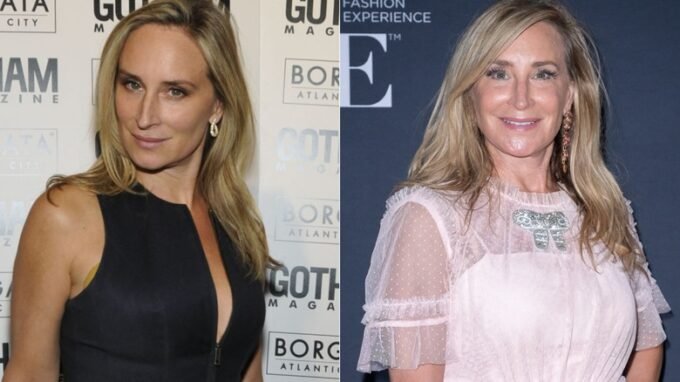
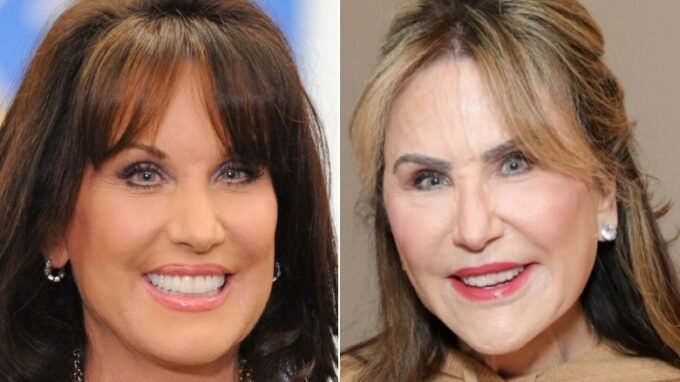
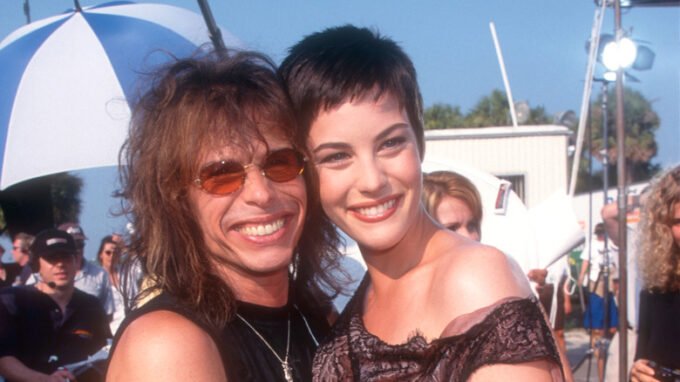












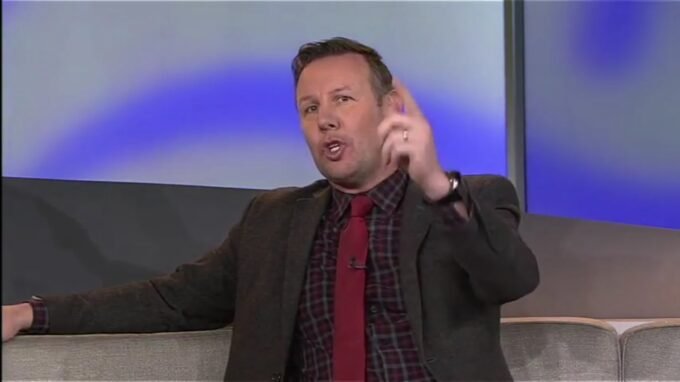
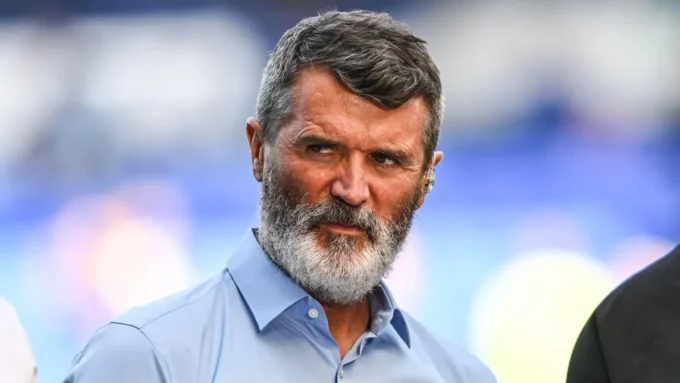
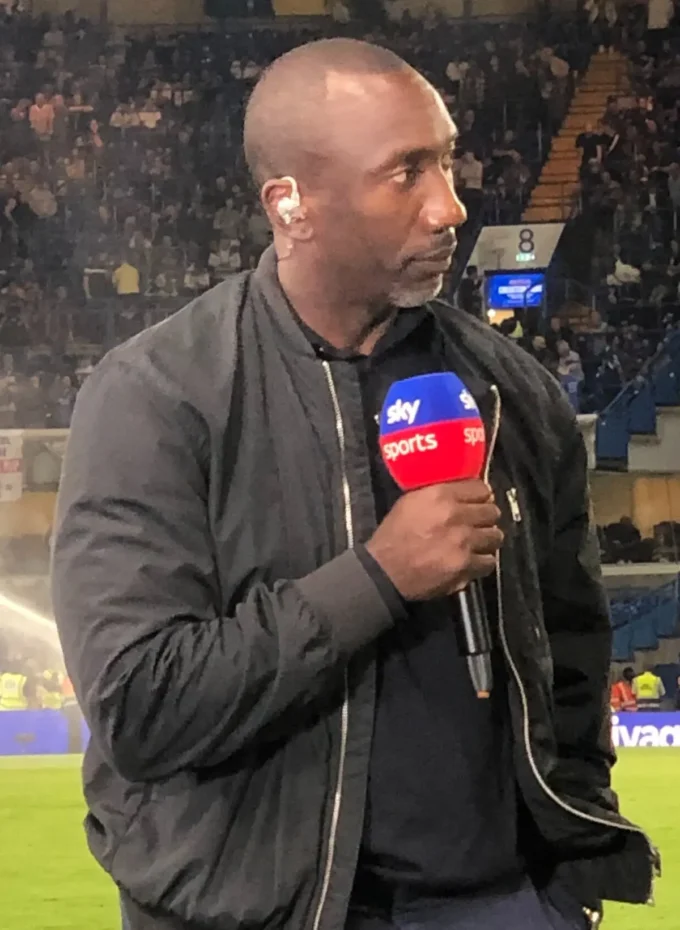


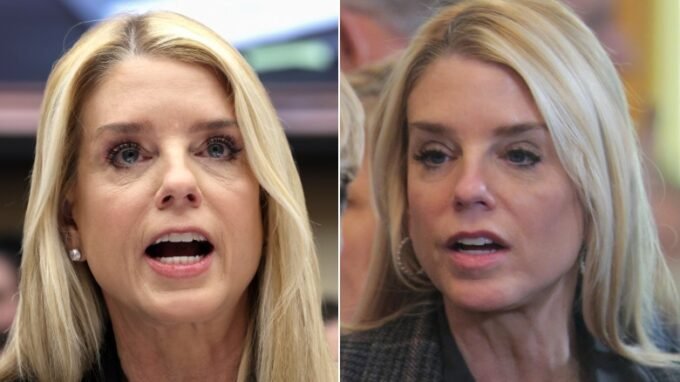
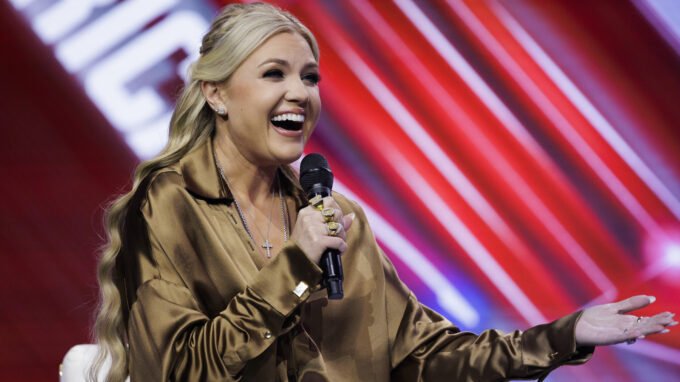
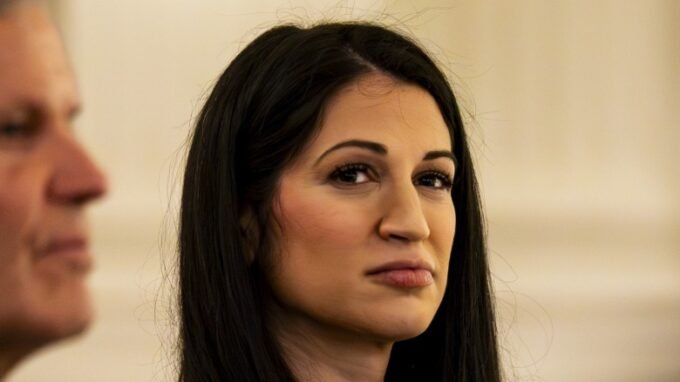
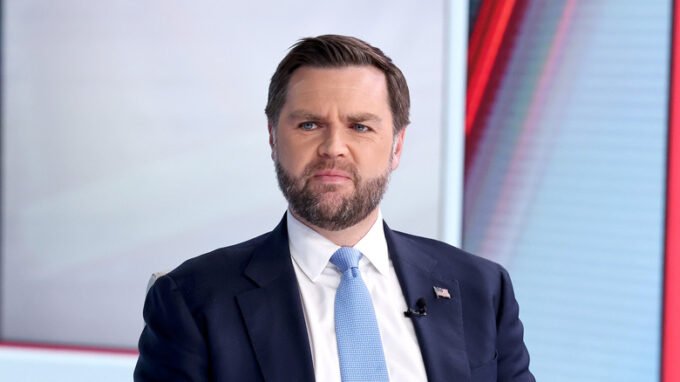
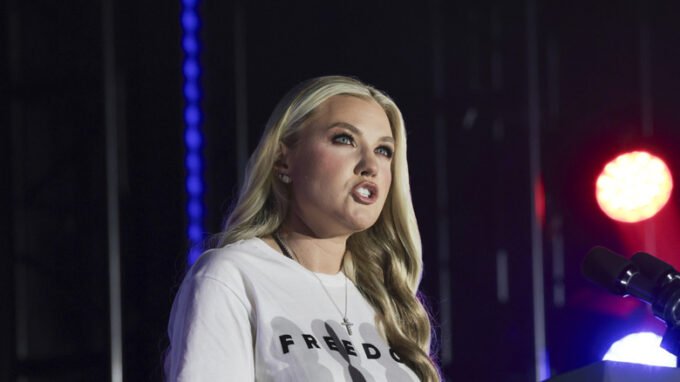








Leave a comment